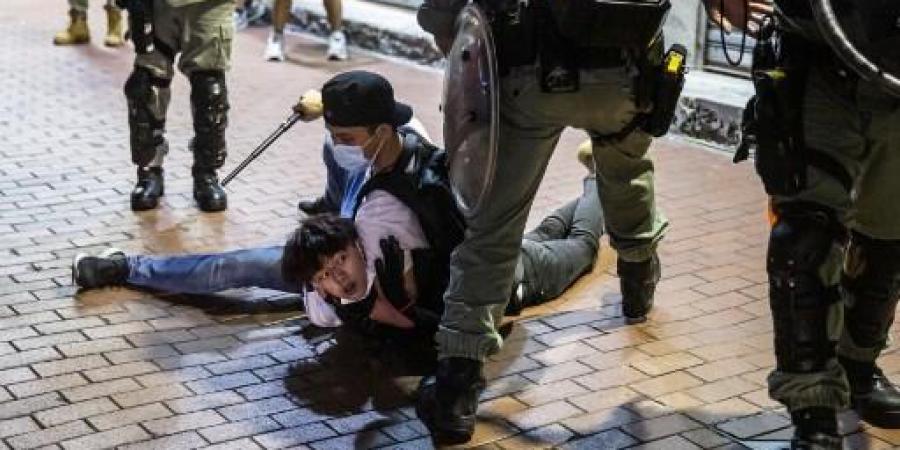 LONDON: UK Foreign Secretary Dominic Raab is considering suspending Britain’s extradition treaty with Hong Kong, after China imposed a tough new national security law.
LONDON: UK Foreign Secretary Dominic Raab is considering suspending Britain’s extradition treaty with Hong Kong, after China imposed a tough new national security law.
As tensions have grown with Beijing, Raab said it can no longer be “business as usual”.
He is reportedly planning to follow the example of the United States, Australia and Canada on Monday by suspending extradition arrangements with the territory.
We’re working with our international partners to see what other offers they will make to the people of Hong Kong and I’ve also said that we’d review a whole range of other considerations,” Raab told Sky News’ Sophy Ridge on Sunday.
One of the things that we reviewed is our extradition arrangements and I will be updating the House (of Commons) on the conclusion of that review”.
The review comes only days after Britain backtracked on plans to give Chinese telecommunications company Huawei a role in the U.K’s new high-speed mobile phone network amid security concerns fueled by rising tensions between Beijing and Western powers.
Prime Minister Boris Johnson’s government has already criticized China’s decision to impose a sweeping new national security law on Hong Kong.
The UK has accused the Beijing government of a serious breach of the Sino-British Joint Declaration under which the U.K.
returned control of Hong Kong to China in 1997, and announced it would open a special route to citizenship for up to 3 million eligible residents of the community.
Beijing has objected to the move.
China’s ambassador to Britain, Liu Xiaoming, last week described the offer as gross interference in Chinese affairs.
Liu told the BBC’s Andrew Marr on Sunday that Britain was dancing to the tune of the U.S.
and accused Western countries of trying to foment a new cold war with China.
He also rejected the allegations of human rights abuses against the mainly-Muslim Uighur people.

























